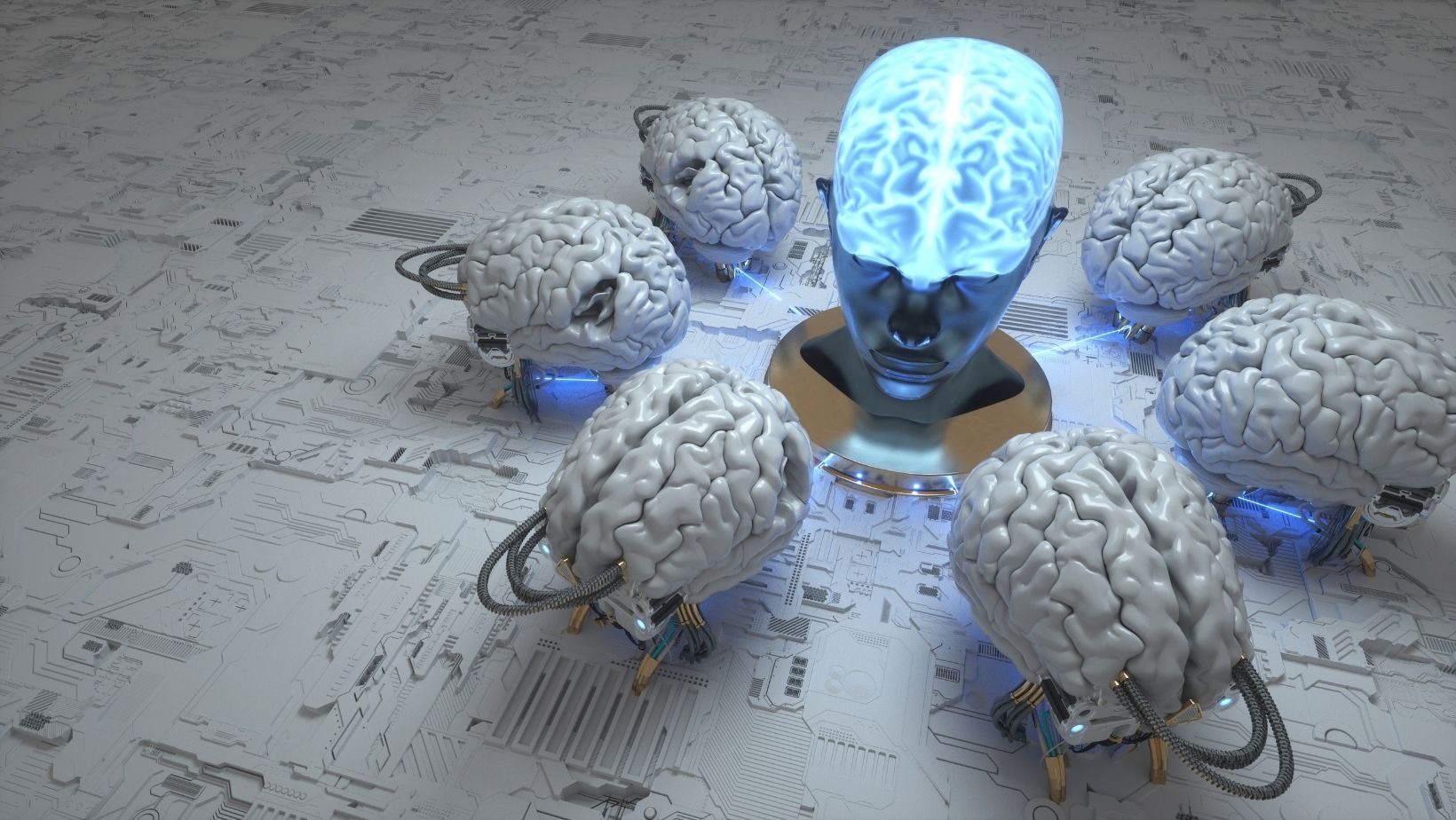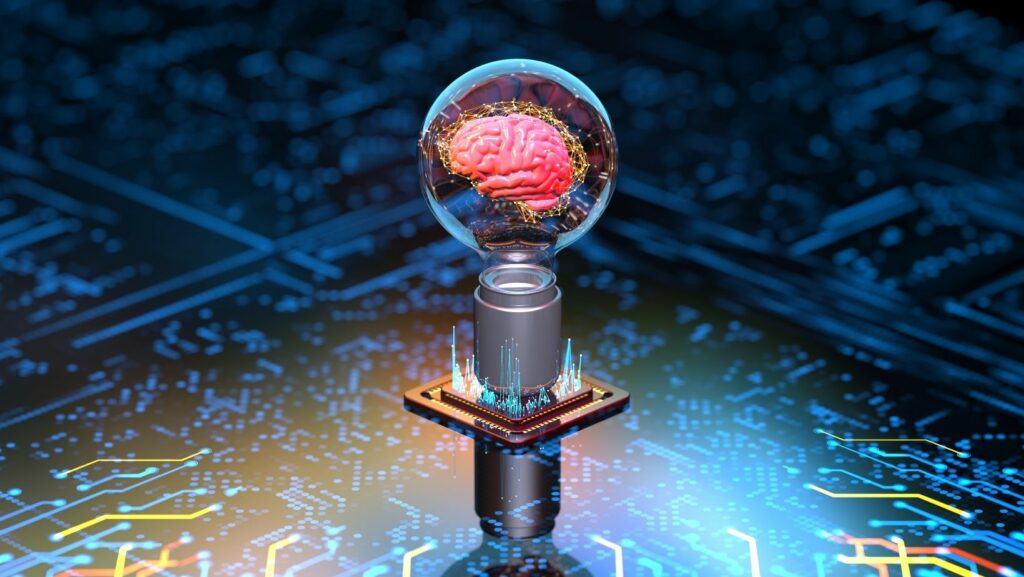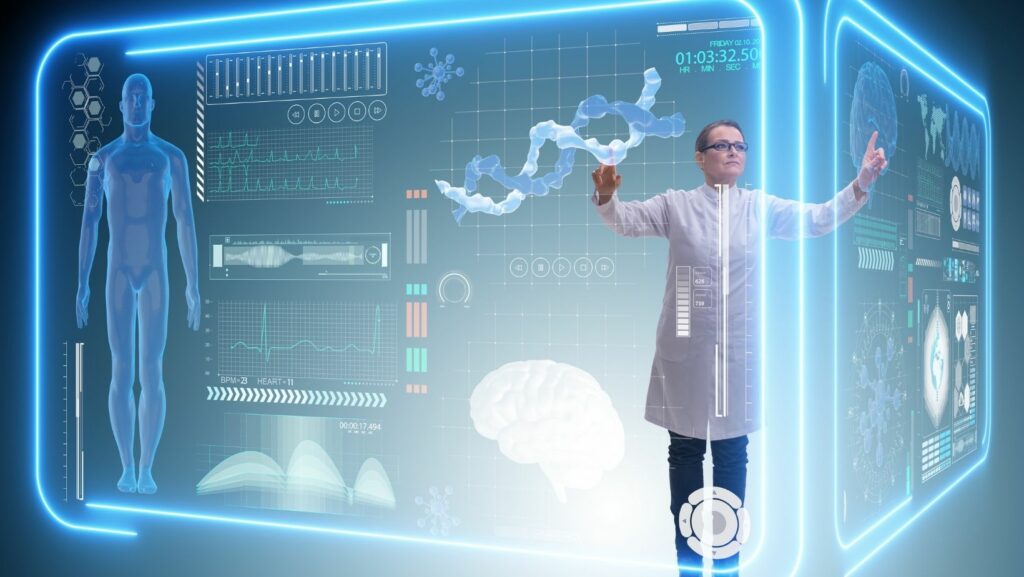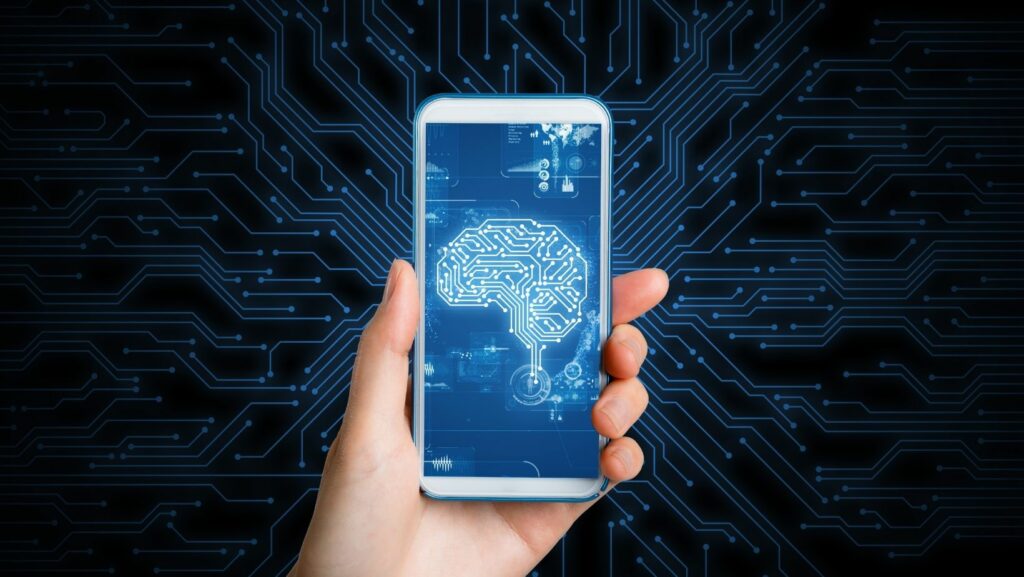
Artificial intelligence is revolutionizing the field of healthcare, offering innovative solutions to improve patient outcomes and streamline processes. In the realm of applied artificial intelligence for health care, the fusion of cutting-edge technology with medical expertise is paving the way for more efficient diagnosis, personalized treatment plans, and predictive analytics. These advancements are not only enhancing the quality of care but also optimizing resource allocation and reducing healthcare costs. Healthcare providers are increasingly leveraging AI tools to analyze vast amounts of data, identify patterns, and make data-driven decisions that can ultimately save lives.
Applied Artificial Intelligence For Health Care
Applied artificial intelligence for health care has revolutionized patient diagnosis and treatment protocols. Leveraging advanced technologies, AI offers significant benefits to patient diagnosis and improves treatment plans in the healthcare sector.
Benefits to Patient Diagnosis
AI applications in health care enhance the accuracy and speed of patient diagnosis. By analyzing vast amounts of patient data, AI algorithms can identify patterns and trends that may not be apparent to human healthcare providers. This leads to quicker and more precise diagnoses, ultimately improving patient outcomes and reducing the risk of misdiagnoses.
Improving Treatment Protocols
Incorporating AI in treatment protocols enables personalized and more effective care for patients. By considering individual patient data, such as medical history, genetic information, and real-time health metrics, AI can recommend tailored treatment plans. This personalized approach enhances treatment efficacy, reduces adverse reactions, and improves overall patient recovery rates.
Key Technologies Behind Health Care AI
Machine Learning and Pattern Recognition:
Applying machine learning algorithms allows AI systems to recognize patterns in complex medical data, enabling healthcare professionals to make more accurate diagnoses and treatment decisions. These algorithms continuously learn from new data, enhancing their ability to identify subtle patterns that might not be apparent to the human eye.
Natural Language Processing in Clinical Applications:

Natural Language Processing (NLP) in healthcare AI involves the use of computational techniques to extract meaningful insights from unstructured clinical data such as medical notes, research articles, and other textual information. This technology enables healthcare professionals to streamline documentation processes, extract critical information from vast amounts of text, and improve the overall efficiency of clinical decision-making. By leveraging NLP, healthcare AI systems can transform free-text data into structured formats, facilitating better information retrieval and enhancing the quality of patient care. Additionally, innovations demonstrate how advanced technology is being integrated into healthcare to improve accessibility and personalized care solutions.
Case Studies in AI Health Care Applications
AI in Oncology
In the realm of oncology, AI has demonstrated remarkable potential in revolutionizing cancer diagnosis and treatment. Its ability to analyze vast amounts of medical imaging data with precision enables early detection of tumors and accurate assessment of cancer progression. For instance, AI-powered systems can detect subtle changes in images such as mammograms, assisting radiologists in identifying breast cancer at its nascent stages. The integration of AI algorithms in oncology not only accelerates diagnosis but also aids in personalized treatment planning by analyzing genetic data to predict treatment responses.
AI for Managing Chronic Diseases

AI plays a pivotal role in managing chronic diseases by monitoring patient data in real-time and providing timely insights for improved care management. Through wearable devices and remote monitoring systems, AI can continuously track vital signs, medication adherence, and lifestyle patterns to offer personalized care plans. For example, AI algorithms can analyze glucose levels in diabetic patients, alerting healthcare providers of potential fluctuations and prompting necessary interventions. Moreover, virtual health assistants powered by AI can educate patients on disease management, medication schedules, and lifestyle modifications, enhancing patient engagement and overall health outcomes.
Ethical Considerations in AI Health Care
In the realm of applied artificial intelligence for healthcare, ethical considerations play a crucial role in ensuring the responsible deployment of AI systems.
Privacy and Data Security
Ensuring patient privacy and maintaining data security are paramount in AI healthcare applications. Healthcare organizations must adhere to stringent data protection regulations to safeguard patient information from unauthorized access or breaches. Implementing robust encryption protocols and access controls is essential to prevent data leaks and protect sensitive medical data from exploitation.



